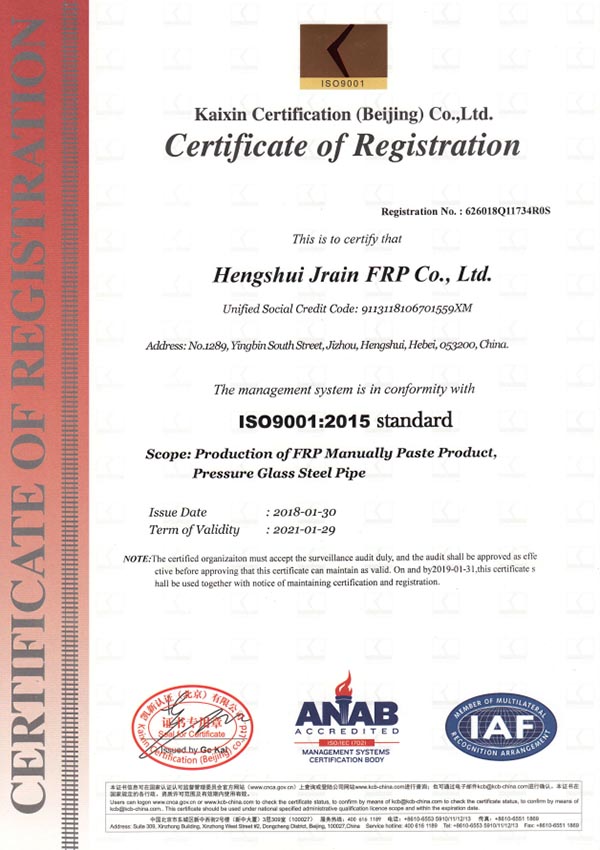
-
 Afrikaans
Afrikaans -
 Albanian
Albanian -
 Amharic
Amharic -
 Arabic
Arabic -
 Armenian
Armenian -
 Azerbaijani
Azerbaijani -
 Basque
Basque -
 Belarusian
Belarusian -
 Bengali
Bengali -
 Bosnian
Bosnian -
 Bulgarian
Bulgarian -
 Catalan
Catalan -
 Cebuano
Cebuano -
 China
China -
 China (Taiwan)
China (Taiwan) -
 Corsican
Corsican -
 Croatian
Croatian -
 Czech
Czech -
 Danish
Danish -
 Dutch
Dutch -
 English
English -
 Esperanto
Esperanto -
 Estonian
Estonian -
 Finnish
Finnish -
 French
French -
 Frisian
Frisian -
 Galician
Galician -
 Georgian
Georgian -
 German
German -
 Greek
Greek -
 Gujarati
Gujarati -
 Haitian Creole
Haitian Creole -
 hausa
hausa -
 hawaiian
hawaiian -
 Hebrew
Hebrew -
 Hindi
Hindi -
 Miao
Miao -
 Hungarian
Hungarian -
 Icelandic
Icelandic -
 igbo
igbo -
 Indonesian
Indonesian -
 irish
irish -
 Italian
Italian -
 Japanese
Japanese -
 Javanese
Javanese -
 Kannada
Kannada -
 kazakh
kazakh -
 Khmer
Khmer -
 Rwandese
Rwandese -
 Korean
Korean -
 Kurdish
Kurdish -
 Kyrgyz
Kyrgyz -
 Lao
Lao -
 Latin
Latin -
 Latvian
Latvian -
 Lithuanian
Lithuanian -
 Luxembourgish
Luxembourgish -
 Macedonian
Macedonian -
 Malgashi
Malgashi -
 Malay
Malay -
 Malayalam
Malayalam -
 Maltese
Maltese -
 Maori
Maori -
 Marathi
Marathi -
 Mongolian
Mongolian -
 Myanmar
Myanmar -
 Nepali
Nepali -
 Norwegian
Norwegian -
 Norwegian
Norwegian -
 Occitan
Occitan -
 Pashto
Pashto -
 Persian
Persian -
 Polish
Polish -
 Portuguese
Portuguese -
 Punjabi
Punjabi -
 Romanian
Romanian -
 Russian
Russian -
 Samoan
Samoan -
 Scottish Gaelic
Scottish Gaelic -
 Serbian
Serbian -
 Sesotho
Sesotho -
 Shona
Shona -
 Sindhi
Sindhi -
 Sinhala
Sinhala -
 Slovak
Slovak -
 Slovenian
Slovenian -
 Somali
Somali -
 Spanish
Spanish -
 Sundanese
Sundanese -
 Swahili
Swahili -
 Swedish
Swedish -
 Tagalog
Tagalog -
 Tajik
Tajik -
 Tamil
Tamil -
 Tatar
Tatar -
 Telugu
Telugu -
 Thai
Thai -
 Turkish
Turkish -
 Turkmen
Turkmen -
 Ukrainian
Ukrainian -
 Urdu
Urdu -
 Uighur
Uighur -
 Uzbek
Uzbek -
 Vietnamese
Vietnamese -
 Welsh
Welsh -
 Bantu
Bantu -
 Yiddish
Yiddish -
 Yoruba
Yoruba -
 Zulu
Zulu
fiberglass fitting
Understanding Fiberglass Fittings Applications, Benefits, and Considerations
Fiberglass, a composite material made from fine strands of glass, is widely recognized for its strength, durability, and lightweight properties. Among its many applications, fiberglass fittings have emerged as crucial components in various industries, including construction, plumbing, and telecommunications. This article explores the significance of fiberglass fittings, their benefits, and the considerations that come when using these materials.
What are Fiberglass Fittings?
Fiberglass fittings are components made from fiberglass-reinforced plastic (FRP) used to connect two or more sections of piping or tubing. They come in various shapes and sizes, including elbows, tees, reducers, and flanges, and are designed to withstand the rigors of different environments. Their primary purpose is to facilitate the flow of liquids or gases within a system while maintaining structural integrity and minimizing leaks.
Applications of Fiberglass Fittings
Fiberglass fittings find applications across diverse sectors
1. Water and Wastewater Treatment In municipal water systems, fiberglass fittings are preferred for their corrosion resistance. They are used in pipelines, treatment plants, and storage tanks, ensuring a reliable flow of water and minimizing contamination risks.
2. Chemical Processing Industries handling aggressive chemicals often choose fiberglass fittings as they resist chemical attacks better than traditional metal fittings. This helps in safeguarding both the equipment and the environment.
3. Oil and Gas The oil and gas industry utilizes fiberglass fittings in offshore drilling and processing facilities due to their lightweight nature and resistance to harsh environmental conditions.
4. Telecommunications In telecommunications, fiberglass fittings are used in network installations where lightweight and robust connections are essential for maintaining signal integrity.
Benefits of Using Fiberglass Fittings
fiberglass fitting

The advantages of fiberglass fittings are numerous
- Corrosion Resistance Unlike metal fittings, fiberglass fittings do not corrode, making them ideal for environments with moisture, chemicals, or saltwater. - Lightweight Fiberglass fittings are significantly lighter than metal counterparts, reducing transportation costs and simplifying installation. - Durability Fiberglass has a high tensile strength, making fittings resistant to cracks and damage even under high-pressure conditions.
- Thermal Insulation Fiberglass fittings offer excellent thermal insulation properties, helping to maintain temperature control in piping systems.
- Cost-Effectiveness While the initial cost may be higher than some traditional materials, the long-term savings from reduced maintenance and increased lifespan make fiberglass fittings a cost-effective solution.
Considerations When Using Fiberglass Fittings
Despite their numerous benefits, there are a few considerations to keep in mind
- Installation Requirements Proper installation is crucial for maintaining the integrity of fiberglass fittings. Training or specialized knowledge may be required for correct application.
- Temperature Limitations While fiberglass withstands a range of temperatures, extreme heat can affect its structural integrity. Knowing the operating conditions is essential.
- Risk of Damage during Handling Fiberglass can be brittle if handled improperly, thus requiring care to avoid cracks or breaks during transportation and installation.
Conclusion
In summary, fiberglass fittings are vital components in many industrial applications due to their unique properties of corrosion resistance, lightweight construction, and durability. As industries continue to innovate and seek materials that enhance performance while reducing costs and environmental impact, fiberglass fittings stand out as a reliable solution. However, understanding their proper installation, handling, and limitations will ensure that their advantages are fully realized, paving the way for safe and efficient operations across various sectors.
Latest news
-
Exploring the Benefits of Top Hammer Drifter Rods for Enhanced Drilling PerformanceNewsJun.10,2025
-
High-Precision Fiberglass Winding Machine for GRP/FRP Pipe Production – Reliable & Efficient SolutionsNewsJun.10,2025
-
FRP Pipes & Fittings for Shipbuilding - Corrosion-Resistant & LightweightNewsJun.09,2025
-
Premium FRP Flooring Solutions Durable & Slip-ResistantNewsJun.09,2025
-
Premium Fiberglass Rectangular Tanks Durable & Lightweight SolutionNewsJun.09,2025
-
Tapered Drill String Design Guide Durable Performance & UsesNewsJun.09,2025









